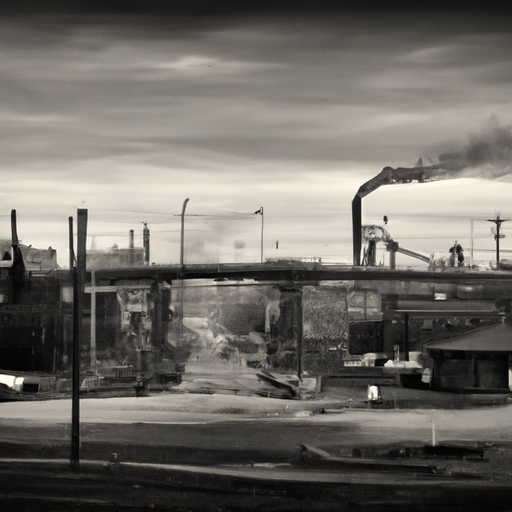Opioid Crisis Still Sweeping Across Canadian Communities: Unheard Voices
As the opioid crisis continues to cause ripples across Canada, it becomes crucial to not only address the situation but become aware of its wide-ranging effects on our communities, particularly those who are often overlooked. Today, we shed light on the story of a First Nation in Ontario, shared in a recent news piece.
The Unseen Consequences of the Opioid Crisis
The impact of the opioid crisis on communities in general, especially in the context of homelessness and crime, cannot be overstated. It’s a predicament that has its roots channels in various aspects of society, including healthcare systems, stolen opportunities for prosperity, and undermined societal structures. But when it hits marginalized populations such as the Indigenous communities, the distress is amplified. This is the plight faced by the First Nation community in Ontario, discussed in the news piece.
The Fallout of the Crisis in Ontario’s First Nation
As the opioid crisis unfolds, it affects society in ways that we, as a community, may not immediately perceive. From escalating crime to the growing number of homeless individuals, it’s a grim reality that affects people from every walk of life, albeit disproportionately. In this context, the Ontario First Nation experiences the crisis on an entirely different level as they challenge the selection of an underground nuclear waste site in court.
Noteworthy Areas of Concern from the Ontario First Nation’s Situation
- The unregulated expansion of nuclear waste sites in areas close to marginalized communities not only indicates an ownership dispute over lands, but also significantly increases health risks, aggravating the ongoing opioid crisis situation.
- The situation illuminates the crucial need for consultation, collaboration, and informed decision-making in handling complex matters related to public health.
- The opioid crisis exerts pressures on already overstretched legal and healthcare resources, creating a cycle of neglect towards other pressing issues, including environmental concerns like nuclear waste disposal.
- In the midst of the opioid crisis, it is the marginalized and resource-poor communities that pay the heaviest price.
Efforts in Addressing the Crisis
In response to the opioid crisis, efforts implemented on various scales involve opioid class action and naloxone distribution programs among others. Regrettably, the tireless efforts to stem the opioid crisis fail to fully take into account the ripple effects of this health and social catastrophe.
On a brighter note, there are initiatives and advocacy tools at work, providing much-needed support to the individuals and communities vulnerable to this crisis. From facilitating access to naloxone – a medication used to counter the effects of opioid overdose, to involving marginalized communities in the decision-making process about matters that affect their well-being, it’s a collective effort that requires reinforcement and nurturing.
A Summarizing Takeaway
The opioid crisis is much more than a health epidemic; it’s a reflection of systemic societal issues that we, as a nation, need to address. It affects the lives and futures of individuals, and entire communities, in multiple ways. The situation faced by Ontario’s First Nation is a potent example of this multi-faceted crisis.
In addressing this crisis, it’s crucial to not only mitigate the immediate health effects but also comprehend and address the underlying issues contributing to this crisis. Proactive collaboration among key stakeholders, including marginalized communities like the Ontario First Nation, is critical to build a strong, effective, and sustainable response to the opioid crisis.
As we move forward, it’s our collective responsibility to ensure that the voices from every corner of our society are heard, dignified, and given the highest priority in our shared journey towards overcoming the opioid crisis.


